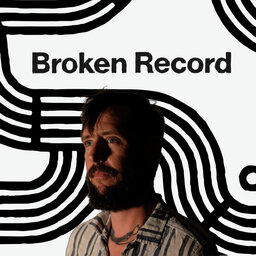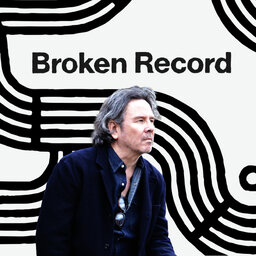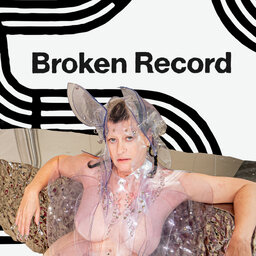Lyle Lovett
Today on the show, we're welcoming Grammy award-winning singer-songwriter, Lyle Lovett. Lovett follows in the footsteps of Texas troubadours like Guy Clark, Walter Hyatt, and Townes Van Zandt.
In 1986, Lovett helped lay the foundation for the alternative country and Americana movements with his debut, self-titled album. Since then, he has continued to light up country music with a rich blend of country, big band, blues, folk, and jazz. All of those sounds are on display in 12th of June—his first new album in a decade.
On today’s episode Lovett speaks to Bruce Headlam about his new album, a project rooted in home and family, which makes sense considering at 64 years-old, he's a new dad to twins. Lovett also shares stories of his early days playing gigs around Texas A&M.
Hear a playlist of all of our favorite Lyle Lovett songs HERE.
 Broken Record with Rick Rubin, Malcolm Gladwell, Bruce Headlam and Justin Richmond
Broken Record with Rick Rubin, Malcolm Gladwell, Bruce Headlam and Justin Richmond


